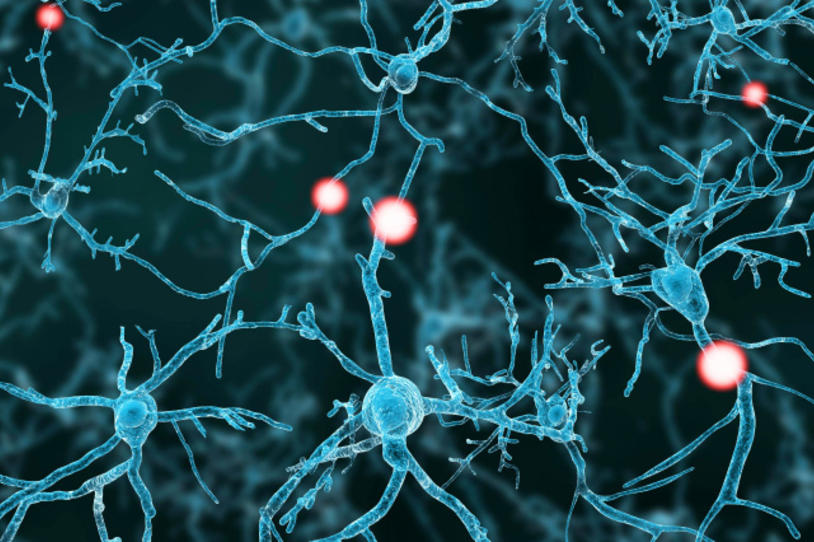
A study published in The Lancet earlier this month reported results of a gene therapy trial targeting the motor symptoms of Parkinson's disease. Gene therapy is a novel approach to treat, cure or prevent disease by changing the expression of a person’s genes.
Researchers from France and the United Kingdom tested the safety of ProSavin, a gene therapy aimed at restoring dopamine production in patients with advanced Parkinson's disease. ProSavin is a viral vector that delivers three enzymes that play a role in dopamine production to the brain. A viral vector is basically a virus stripped of the bad stuff, and engineered to carry a particular therapeutic to a specific place in the body.
Raymond T. Bartus, PhD is president of RTBioconsultants, Inc. and former chief scienctific officer of Ceregene, Inc., where he led the study of neurturin gene therapy CERE-120. As Ray notes, while safe, the ProSavin approach did not show great efficacy. He shared his perspective on the study and its findings with FoxFeed:
This publication is a welcome addition to the literature, reporting the results of 15 Parkinson’s patients treated with a viral vector intended to enhance dopamine function. This dose-escalation safety study is the first to report using the advanced lentiviral vector for a neurological disease.
Described as a Phase I/II trial, this study is really no different from many previous gene therapy safety studies in Parkinson’s that were described merely as Phase I. The safety profile is encouraging, with most adverse events being mild and deemed unrelated to treatment. Thus, the data from this trial builds on an impressive safety record for gene therapy in neurological diseases, now involving nearly a dozen clinical trials and scores of treated subjects (mostly in Parkinson’s and Alzheimer’s), spanning a decade.
Collectively, these trials demonstrate that the major safety hurdles previously suppressing gene therapy for Parkinson’s and other neurological disease have been solved, for none produced any evidence of untoward risk or harm after administration of various vector-delivery systems. More importantly, several of those studies also demonstrated persistent generation of active proteins, selectively targeted to structures deep in the human brain.
However, the modest efficacy improvements reported in the Lancet paper also are comparable to those reported in many, prior gene therapy Parkinson’s studies; importantly, studies of those treatments could not adequately differentiate between treatment and placebo.
The ProSavin data, therefore, further emphasize the difficult nature of producing robust effects in the later stages of Parkinson’s disease. Indeed, the authors concluded that they will not conduct a more definitive trial until “we have an optimal mode and dose of delivery" — as they wrote in their paper — thereby acknowledging the unfortunate reality that a more robust response is required that presumably will require further iterations to the product, its dosing and possibly clinical design.
The Michael J. Fox Foundation for Parkinson's Research is supporting gene therapy research on an enzyme that helps the brain convert levodopa (the gold standard PD treatment) into dopamine. Read more about this study from Genzyme and the University of California, San Francisco.